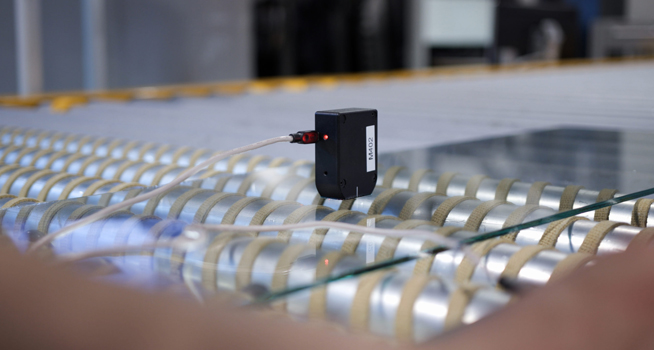Increasing profitability is every business owner’s goal, but it demands a lot of effort and readiness to change. So, what does it take to make glass processing most profitable and competitive?
Eliminating any possible waste within processes: optimizing each step of production to reach a holistic, efficient operation reduces costs and improves overall revenue.
 Glaston has put together a short eBook addressing seven kind commonly known wastes defined by lean manufacturing: defects, inventory, transportation, motion, waiting, over-processing and overproduction. It can be downloaded here.
Glaston has put together a short eBook addressing seven kind commonly known wastes defined by lean manufacturing: defects, inventory, transportation, motion, waiting, over-processing and overproduction. It can be downloaded here.
Glaston looks into circumstances that create each of these wastes in glass tempering, gives insights on how to recognize them and recommends how to optimize every stage of the process to minimize their impact.
This eBook will be helpful for every glass processor who wants to set up a high-performing tempering process and make sure no issue is overlooked.
This guide can be used as a quick check-list to see whether you’re always on target in each of the waste categories. After all, it’s always great to save more.





